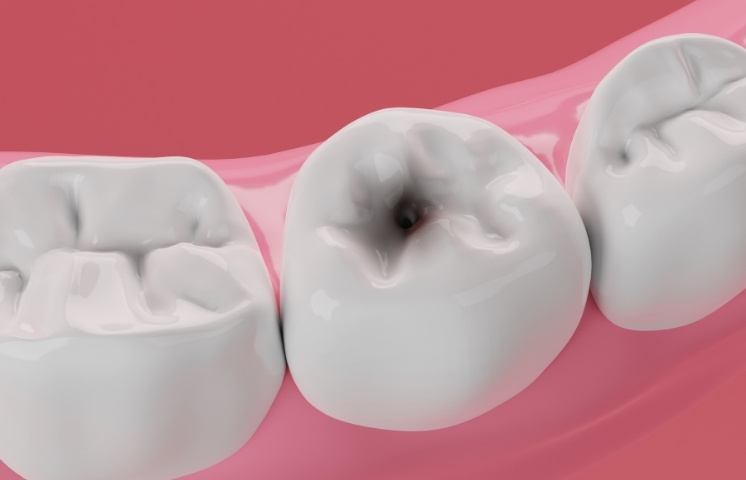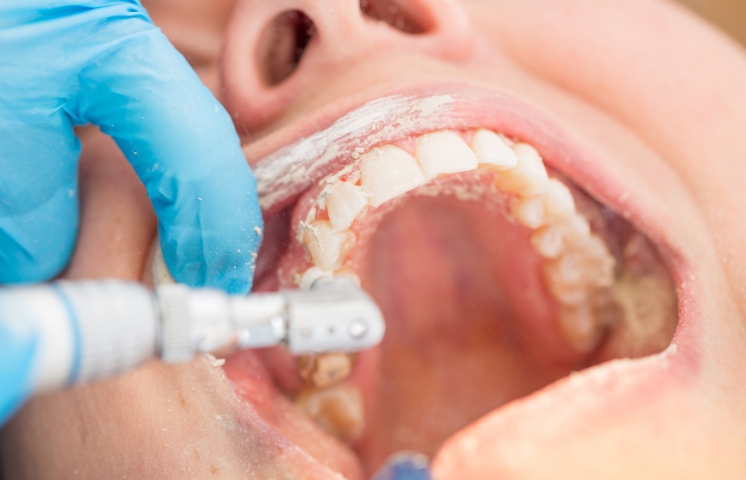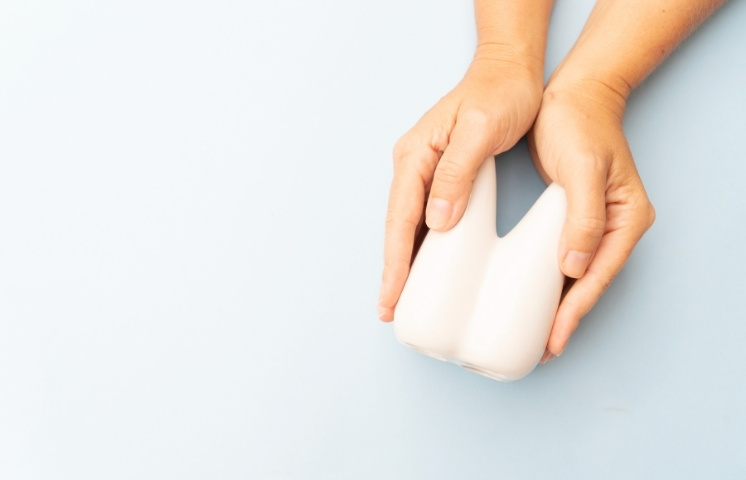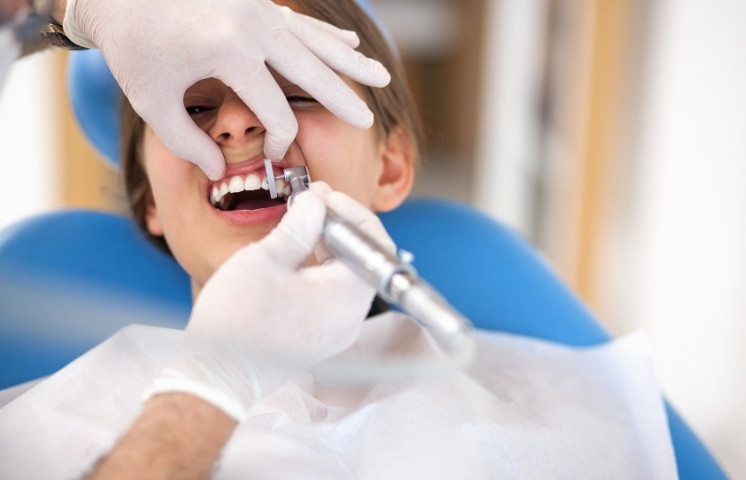How Dental Cleanings Reduce the Risk of Tooth Decay in Hard-to-Reach Areas?

Maintaining a healthy smile requires more than just brushing and flossing. Some areas of your teeth, like the grooves in your molars or spaces near your gum line, can be tricky to clean properly. These spots often become hotspots for plaque and bacteria, leading to tooth decay if left unchecked.
Professional dental cleanings play a vital role in reaching those hard-to-clean areas. With the help of specialized tools and techniques, dental hygienists can effectively remove plaque, tartar, and bacteria that your toothbrush might miss.
In this blog, we’ll explore how dental cleanings reduce the risk of decay in these challenging spots, protect your oral health, and ensure your smile stays vibrant and cavity-free for years to come. Let’s dive in!
Why Hard-to-Reach Areas Are More Vulnerable to Decay
Certain parts of your teeth, such as molars and gum lines, are naturally harder to clean. Their grooves and tight spaces create ideal conditions for plaque and bacteria to thrive. Over time, food particles and debris accumulate, making these areas more prone to decay.
- Molars have deep grooves where toothbrush bristles often fail to reach.
- Gum lines can harbor plaque that turns into tartar, leading to decay and gum disease.
- Inaccessible areas allow bacteria to multiply unchecked, increasing cavity risks.
Addressing these vulnerable spots through consistent dental hygiene and professional care is crucial to maintaining strong, healthy teeth. This ensures bacteria don’t take hold in these tricky spaces.
The Role of Professional Dental Cleanings
Professional dental cleanings go beyond what brushing and flossing can achieve, especially for hard-to-reach areas. Hygienists use advanced tools to remove plaque and tartar effectively, even in tricky spots.
- Scaling removes tartar buildup from teeth and gum lines.
- Polishing smooths enamel surfaces, making it harder for bacteria to stick.
- Specialized instruments clean grooves, gaps, and other hard-to-access areas thoroughly.
By including dental cleanings in Roseville as part of your care routine, you protect your teeth from hidden decay and gum disease. These cleanings enhance your dental hygiene, offering a deeper level of cleanliness that supports long-term oral health.
How Dental Cleanings Support Long-Term Oral Health?
Regular dental cleanings are essential for preventing tooth decay and gum disease. They help maintain enamel strength and address plaque buildup before it causes significant issues.
- Cleanings reduce bacteria, lowering the risk of cavities and gum infections.
- Removing tartar prevents enamel erosion, preserving your teeth’s protective barrier.
- Routine care minimizes the likelihood of more complex dental problems in the future.
By pairing regular cleanings with a strong dental hygiene routine, you create a foundation for lasting oral health. Prioritizing cleanings not only ensures healthier teeth but also promotes a confident, decay-free smile for years to come.
Tips for Maintaining Oral Health Between Cleanings
Keeping your teeth healthy between professional cleanings requires attention to daily habits. Simple tools and techniques make a significant difference in maintaining a cleaner smile.
- Use interdental brushes to clean between teeth where floss may struggle.
- Water flossers can remove debris from tight spaces and gum lines effectively.
- Avoid sugary snacks, and include foods rich in calcium and fiber for stronger teeth.
Brushing twice daily and flossing thoroughly ensure fewer bacteria and plaque buildup in those hard-to-reach areas. Combined with professional care, these habits help minimize decay risks and keep your teeth in great shape between appointments.
The Importance of Routine Dental Visits
Routine dental visits go hand-in-hand with professional cleanings, ensuring proactive care for your teeth and gums. These appointments help identify early signs of decay, especially in hidden or hard-to-clean areas.
- Dentists use advanced diagnostic tools to detect issues not visible to the naked eye.
- Regular checkups allow early intervention for potential problems like cavities or gum disease.
- Routine visits ensure your cleaning schedule aligns with your unique oral health needs.
Proactive care through consistent checkups and cleanings keeps your smile healthy and reduces the risk of long-term dental issues. Schedule your appointments regularly to stay ahead of potential problems and maintain optimal oral health.
Hard-to-reach areas are no match for professional dental cleanings. They target buildup and decay risks while supporting long-term oral health. Combine cleanings with daily habits like thorough brushing and flossing to ensure your smile stays bright and healthy. Regular visits to your dentist are the key to protecting those tricky spots and maintaining a confident, decay-free smile.




